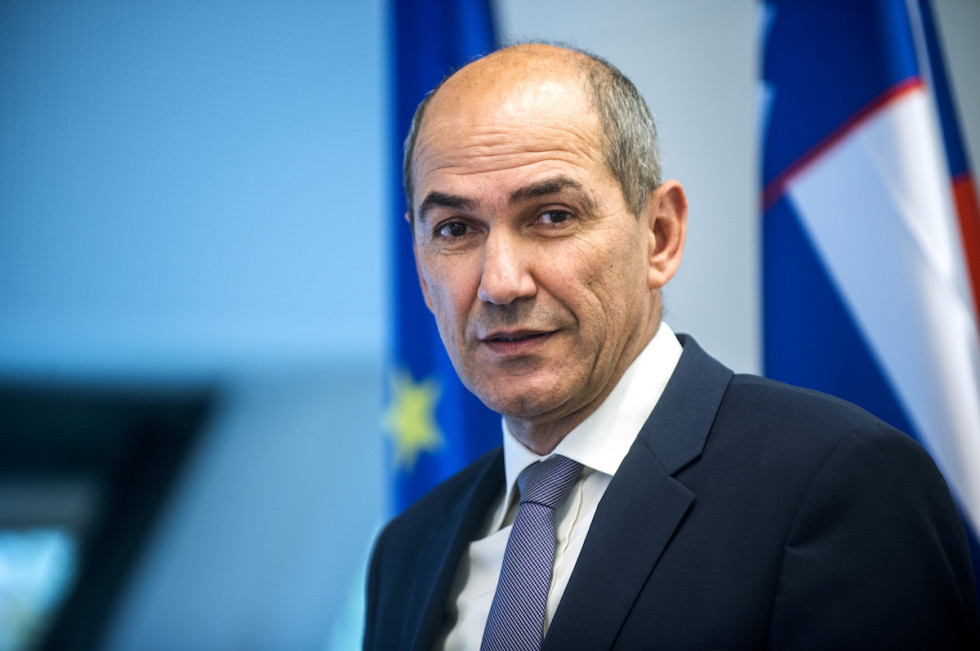Nine European leaders including Prime Minister Janez Janša call for joint action in the fight against the coronavirus
- Former Prime Minister Janez Janša (2020 - 2022)
The leaders of EU Member States highlighted that the coronavirus pandemic is an unprecedented shock that requires exceptional measures to contain the spreading of the virus within and across countries. The pandemic has a great impact on healthcare systems and the security of production and distribution of essential goods and services. The letter also emphasises that the shock caused by the virus is likely to have a negative effect on the economies of Members States and the entire EU.
The leaders pointed out that all European countries have taken or are taking containment measures to stem the spread of the virus. The success of these measures will depend on the timing, the extent and the coordination of sanitary measures implemented by the various governments. Therefore, they called for the alignment of practices across Europe, based on past successful experiences, on experts’ analysis and on thorough exchange of information.
The leaders believe that coordinated action is necessary now, during the peak phase of the epidemic, and will also be necessary when the roll-back of extreme measures starts, so that a too hasty return to normality is avoided and the re-import of the virus from other countries is prevented. In view of this, they are calling on the European Commission to produce common guidelines for the collection and sharing of medical and epidemiological information, and a strategy to deal with the evolution of the epidemic.
In addition, the signatories of the letter highlight that it is essential to preserve the functioning of the single market and give specific guarantees that there will be no shortage of goods and services. In this regard, the leaders stressed the importance of guaranteeing the production and distribution of key medical and protective equipment and delivering them in an affordable and timely manner to where they are most needed.
In the letter, the European leaders stressed that we needed to take extraordinary actions to limit the adverse effect of the epidemic on the economy to the greatest extent possible. They highlighted the set of measures announced by the European Central Bank and the European Investment Bank.
In the spirit of efficiency and solidarity, the signatories of the letter urged that other tools, such as specific funding for corona-related spending in the EU budget, be explored, at least for the years of 2020 and 2021.
The leaders also wrote, among other things, that we needed to recognise the severity of the situation and the need for further action to support our economies, and that, in particular, "we need to work on a common debt instrument issued by a European institution to raise funds on the market (...) to the benefit of all Member States".
The case for such a common instrument is strong, since we are all facing a symmetric external shock, for which no country bears responsibility, but whose negative consequences are felt by all. This common debt instrument should be of a sufficient size and long maturity to be fully effective and avoid roll-over risks now and in the future.
The leaders also cautioned that we would also need to prepare together for the time after the crisis and reflect on the way we organise our economies across our borders, global value chains, strategic sectors, health systems, and European common investments and projects.


